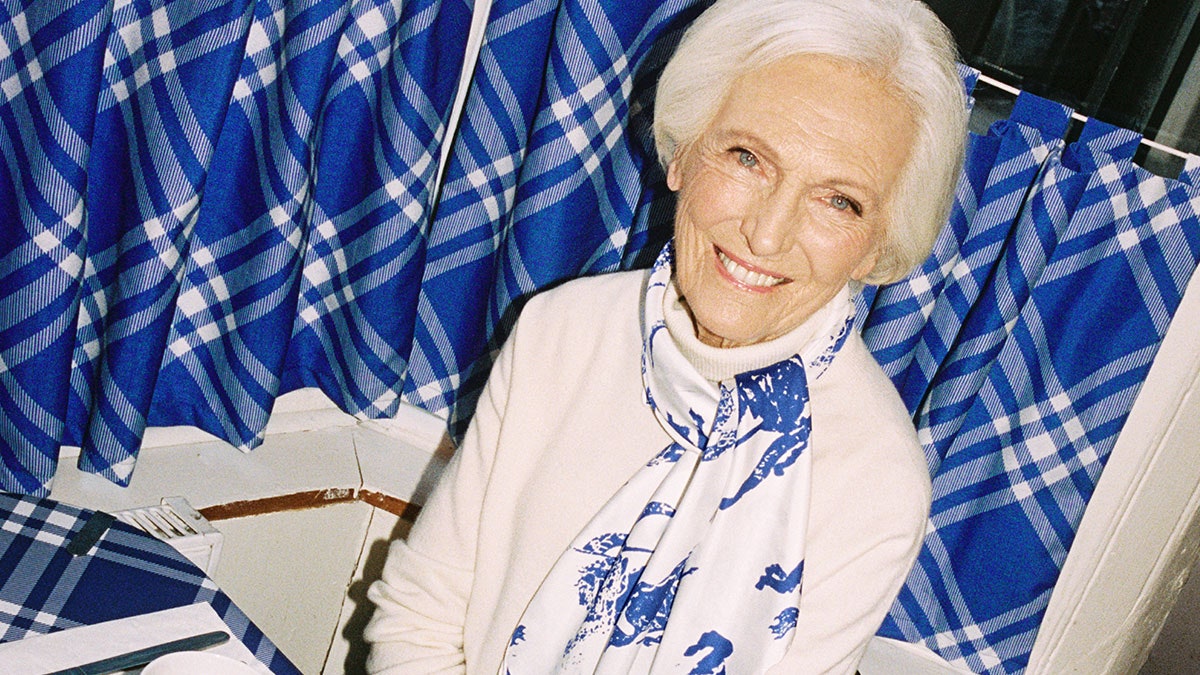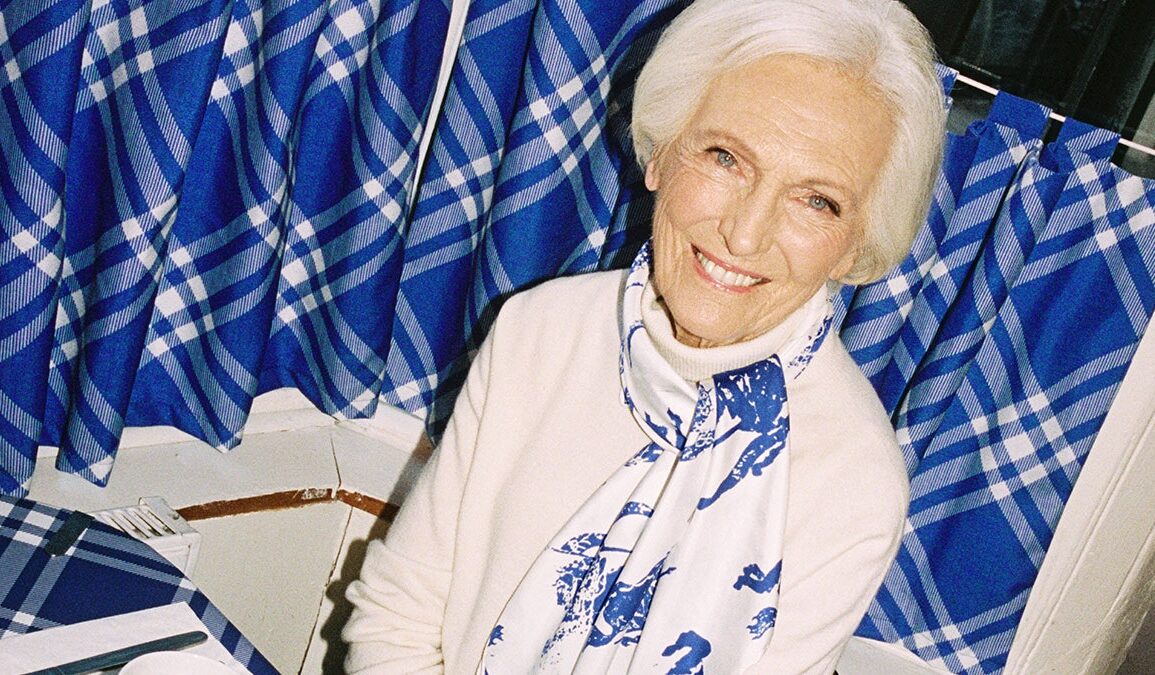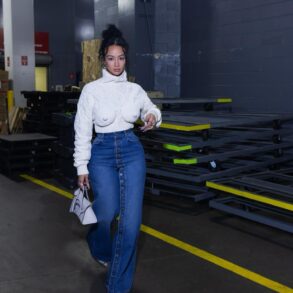
Challenges are coming from all regions, Akeroyd said on a media call Thursday morning. “This is quite unique, because historically, if you get softness in one region, you’ll be able to pick up [sales] in another,” he explained. “The external environment has become a little challenging, whether it’s inflationary pressures, slowing economic growth or geopolitics — it’s a little bit everywhere,” added new CFO Kate Ferry.
EMEA, Burberry’s home market, was up 14 per cent in the first half, benefitting from the 10 per cent lift in Q2 and 17 per cent uptick in Q1. Sales were driven by the return of tourists, with the local customer “a bit softer”, Akeroyd said, “which is clearly related to the inflationary challenges and cost of living issues”. The decision to scrap tax-free shopping in the UK also remains an ongoing hurdle, said Akeroyd, but he also noted that “Burberry benefits from being a global business, so we pick up traffic elsewhere. At the moment, tourists are [driving] considerably greater sales in Europe versus the UK.”
Elsewhere, comparable store sales for Asia Pacific grew 18 per cent in the first half, but only 2 per cent in the second quarter compared to 36 per cent in the first. Mainland China increased 15 per cent in the half, but saw a dip of 8 per cent in Q2 as spending shifted offshore, to neighbouring countries like Japan, which saw growth of 43 per cent in the half, and South Asia Pacific, which rose 30 per cent in the half. “As we look ahead into next year, we’ll probably get a higher level of Chinese customers shopping in Europe. I think this could give us an upside,” said Akeroyd.
Meanwhile, South Korea fell 1 per cent in the half, as the 6 per cent growth in Q1 was offset by a 7 per cent decline in Q2. US customer demand also remains weak, declining by 9 per cent in the half.
Daniel Lee: Positive early signs
Speaking to press, Ferry said early indicators of demand for its Autumn/Winter 2023 collection — the first by creative director Daniel Lee, which began retailing in September — were “very encouraging” but it was “still too soon to have an in-depth read on commercial performance”. Ferry explained: “The response has been highly positive, with strong engagement on social channels and global press more than doubling, season-on-season.”
This post was originally published on this site be sure to check out more of their content.








